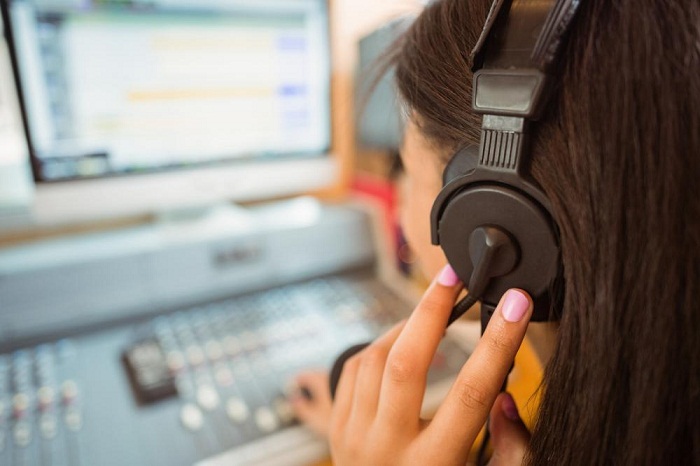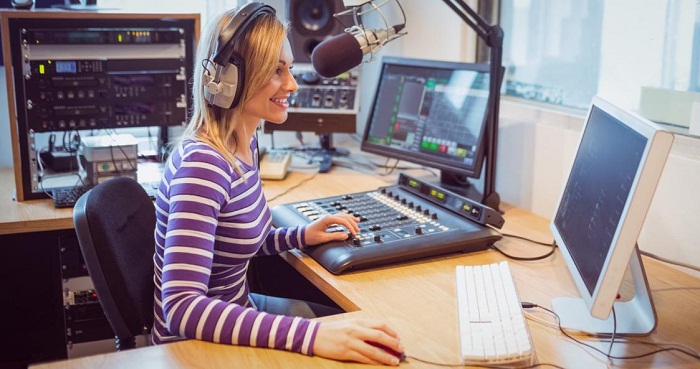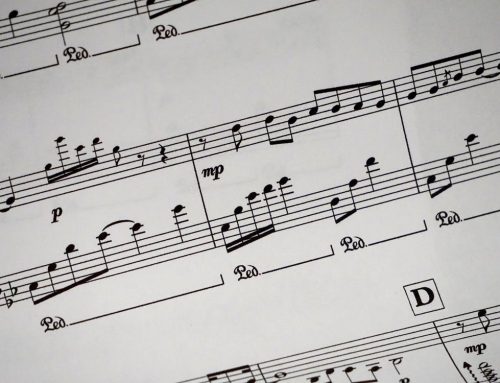Let’s just say that you’ve already learned to play an instrument, maybe two, and are now looking to further your musical expertise. You might want to pick up yet another instrument, you might want to learn to read and write music or maybe you’re now looking to work on your own compositions.
A seasoned musician would likely know all they need to about the various notation and composing software available as well as what the best software used to compose music might be. It is a little different when you’re just getting started, which is why we felt we’d give you a few pointers on what’s out there and a few things to bear in mind before making your choice!
How does it help?
Good software should help facilitate users by simplifying and digitizing a number of complex processes. These include but are not restricted to:
- arranging sounds and instruments in compositions
- adding loops of numerous musical instruments (even those you might not play yourself)
- Recording and playing back
- Editing
- Adjusting sound levels
- Facilitating musicians work process overall
So what am I looking for?
What you might want to look in to something called a digital audio workstation (DAW for short). DAWs possess most of the specifications you would likely look for as a beginner level musician but remember, all available DAWs are not geared to suit beginners. The ones used by experienced musicians can sometimes confuse newer users so it is important to be clear before making a purchase. That being said, using them is a skill crucial for the musician of today.
How do I go about this?
What you want to do is be clear and be informed before you make a purchase. You can do this by:
- Being clear on what genre or genres of music you wish to compose
- Being clear on how and to what extent you wish to use the software
- Understanding what your personal recording needs are
- Researching the market for what is available
- Being mindful of your budget so that if you need to save for the right software you can
- Tally software requirements with your computer’s capabilities
- Be realistic about your technological skills
Long story short
There really is a lot of amazing and enjoyable music composing software available out there that can help take your music making experience to the next level. What is important is that you pick the right one for you! Some feel that as a beginner they could jump the gun and start with software designed for more experienced musicians and learn on the go. Again, if this is something you feel you can do, go for it!
Music Jotter is easy to use music notation software that allows you to create, analyze, sample and play back music via realistic playback or semi-real time recording. For more information, visit our website https://www.musicjotter.com/







